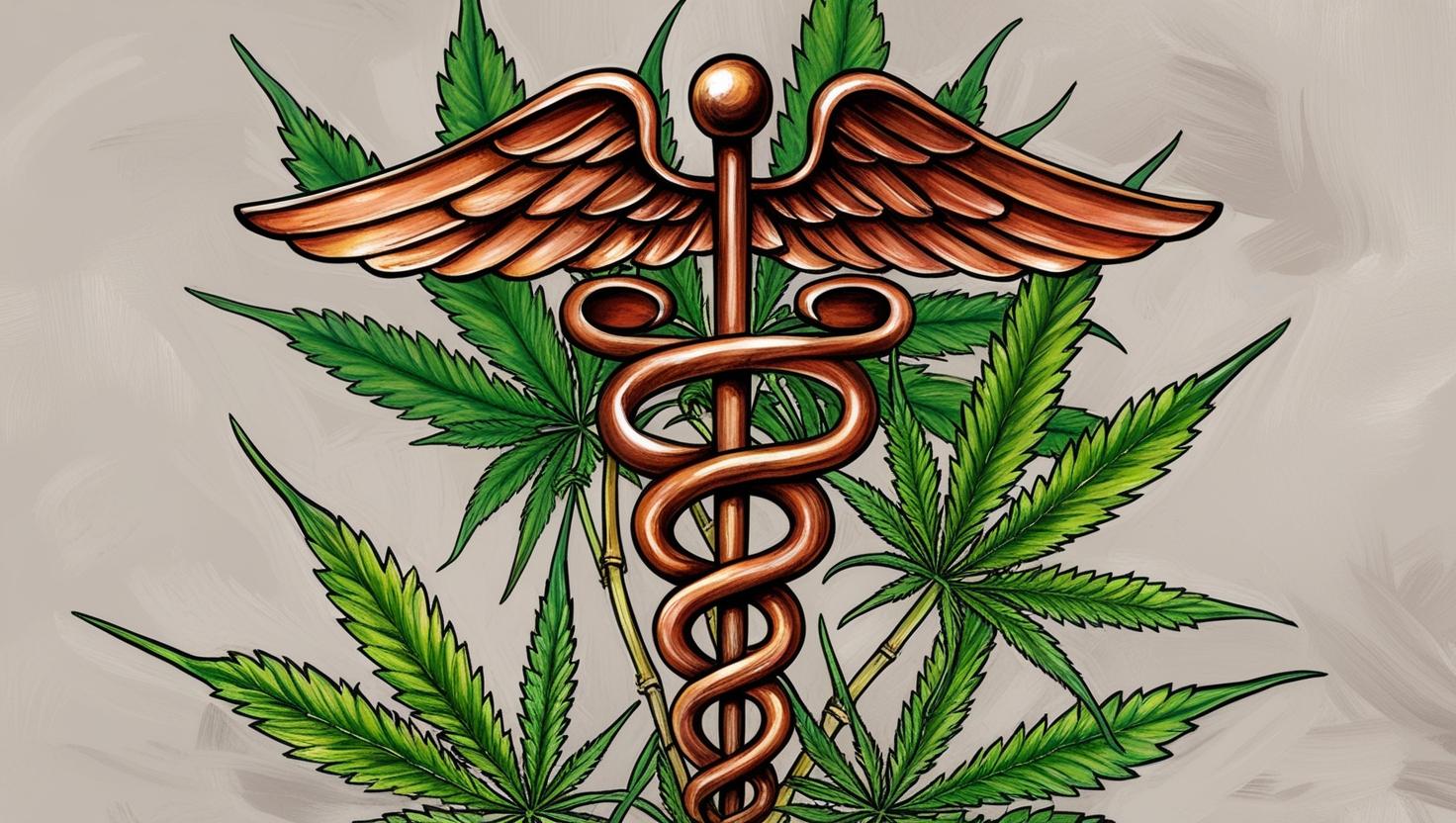Medical cannabis could play a dual role in cancer treatment—enhancing the effectiveness of chemotherapy while easing its side effects—according to a recent scientific review published in Pharmacology & Therapeutics.
Authored by researchers at Germany’s Rostock University Medical Center, the 23-page review analyzes a wide range of clinical and preclinical studies involving cannabinoids used alongside chemotherapy. It focuses primarily on glioblastoma, blood cancers, and breast cancer but also touches on numerous other tumor types.
Key Findings: Enhanced Efficacy and Reduced Side Effects
The review concludes that cannabinoids may offer two significant benefits in cancer therapy:
- Improved Chemotherapy Response – Cannabinoids may help chemotherapy drugs overcome tumor resistance, potentially extending patients’ survival.
- Mitigated Side Effects – Cannabis has demonstrated the ability to reduce side effects such as nausea, pain, and treatment-induced nerve damage.
“Available data raise the prospect that cannabinoids may increase the efficacy of chemotherapeutic agents while reducing their side effects,” the authors write.
Notable Clinical Insights
The review highlights a 2021 Phase 1b clinical trial in which patients with glioblastoma who received a THC–CBD oral spray alongside the chemotherapy drug temozolomide lived longer than those who received chemotherapy alone.
Other studies examined include those related to cancers of the breast, blood, skin, bladder, pancreas, colon, and reproductive system, among others.
Beyond Nausea: Managing Other Side Effects
While the anti-nausea properties of cannabinoids are well established, the review cites preclinical studies showing additional benefits. Cannabinoids may help protect against:
- Peripheral neuropathy
- Nephrotoxicity (kidney damage)
- Cardiotoxicity
- Cystitis
- Mucositis
Cannabis is also frequently used to relieve chronic cancer-related pain.
Ongoing Questions and Caution
Despite encouraging results, the authors stress the need for caution. Many potential interactions between cannabinoids and chemotherapeutic drugs are still not well understood. Some theoretical drug-cannabinoid interactions haven’t been fully investigated, and others may actually benefit patients—but research is lacking.
The mode of cannabis administration—particularly smoking—also raises concerns about how it may influence outcomes. The authors call for rigorous, controlled clinical trials to clarify the benefits and risks of combining cannabinoids with chemotherapy.
“Cannabinoids may still hold some as yet undiscovered therapeutically relevant effects on tumor development and progression,” they write.
Broader Research Supports Medical Cannabis in Cancer Care
The German review aligns with a major U.S. meta-analysis published last month in Frontiers in Oncology, which reviewed over 10,000 peer-reviewed studies on cannabis and cancer. That analysis found an overwhelming scientific consensus supporting cannabis for managing cancer symptoms, including pain, sleep problems, stress, and treatment side effects.
Lead author Ryan Castle of the Whole Health Oncology Institute noted the strength of the evidence: “For every one study showing cannabis was ineffective, three showed it worked. That 3:1 ratio is extraordinary in biomedical research.”
Additional Discoveries and Developments
- South Korean researchers recently identified a new cannabinoid, cannabielsoxa, along with several other compounds from Cannabis sativa that showed strong anti-tumor activity in lab tests.
- A Minnesota study earlier this year found significant symptom relief among cancer patients using cannabis, though affordability was cited as a barrier to access.
- The National Cancer Institute (NCI) has estimated that 20–40% of cancer patients use cannabis to manage treatment-related symptoms. However, federal research into cannabis remains limited due to regulatory restrictions.
Regulatory and Political Considerations
Federal oversight continues to shape cannabis research. A leaked NCI memo revealed that marijuana is now listed among “controversial or high-profile topics” requiring extra clearance before agency staff can write about it—alongside subjects like vaccines and gender identity.
Despite this, interest in the potential of cannabinoids in cancer care continues to grow, and researchers around the world are pushing for more comprehensive studies.
Conclusion
The latest research suggests that cannabis may do more than ease the discomfort of chemotherapy—it might also help fight cancer more effectively. But without more high-quality human trials, its full potential remains unknown. As the authors of the German review note, systematic scientific exploration of cannabis has only begun in recent decades, and much remains to be discovered.
If you’re ready to get your card or still have questions, just click the Elevated Health MD button below

Click on the button below for additional medical cannabis articles




Leave a Reply